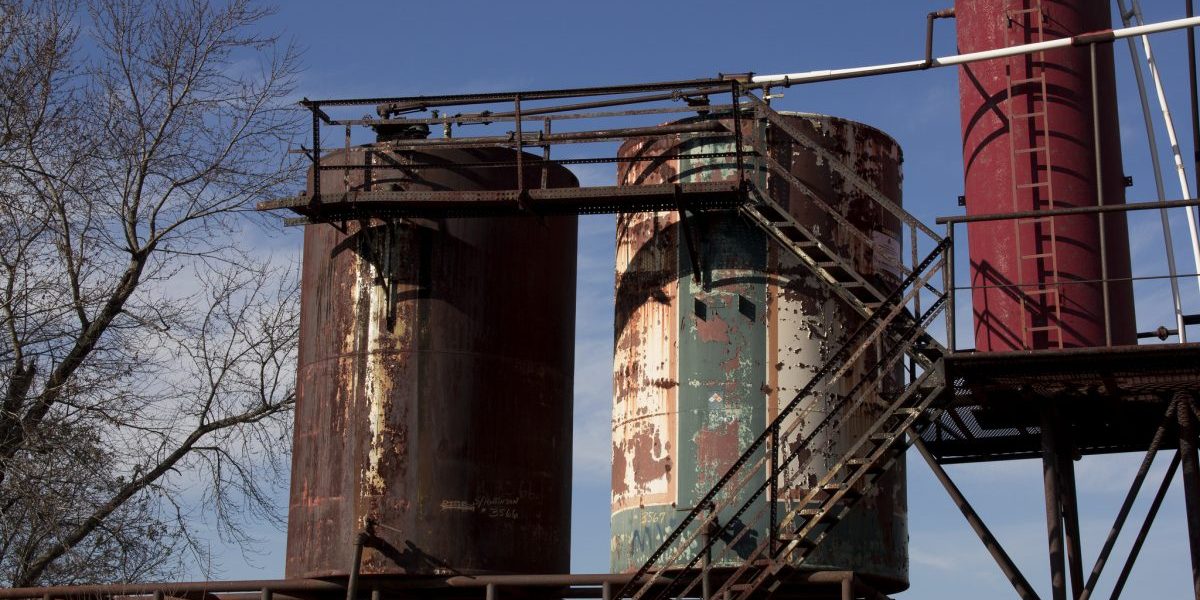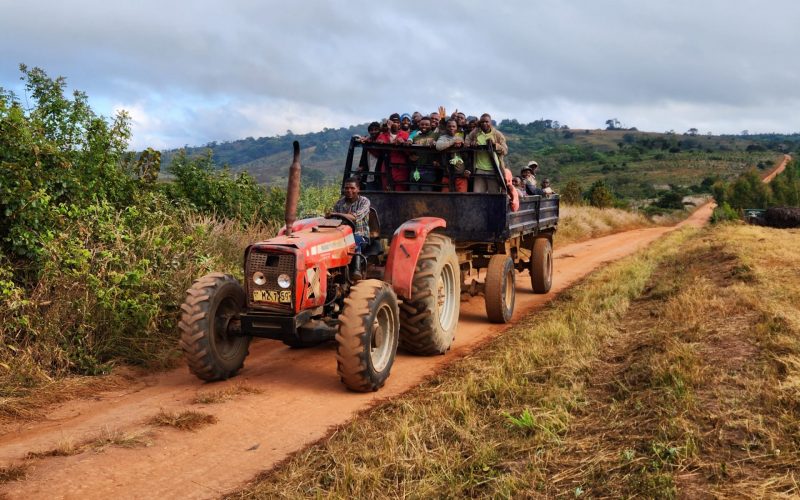It argues that oil production will have transformative effects on Uganda’s local, national and regional political relations.
To better understand these impacts, the report attempts to contextualise oil developments within a historical perspective. Since gaining independence from colonial rule in 1962, Uganda’s military forces have played a significant role in politics. This is evidenced by a history of military-led coups, and by the survival in office of several post-independence presidents being dependent on creating a support base in the defence forces. In addition to the role the military has played in politics, the country has experienced several cases of armed insurgency and civil war.
Since 1986, when the National Resistance Movement assumed power, Uganda has made significant advances in terms of territorial consolidation and the expulsion of armed opposition groups. However, the power of the military, and the influence it still exerts on political developments in the country, should be considered a potential danger as the country heads for oil production. Recent dynamics, including militarisation of the country’s border with the Democratic Republic of Congo (DRC), new arms purchases, and a history of military adventurism in the region, are important issues to monitor as the country advances towards becoming a petro-state.
Extensive fieldwork in the Lake Albert region, conducted as part of this project, found that perceptions of economic and political marginalisation in communities directly affected by oil developments could lead to grievance politics emerging in a volatile zone. Discourses on fear and distrust of the government and private companies abound among the region’s communities. This includes concerns about the lack of a law governing the oil sector, fears of negative environmental impacts, and fears of forced community displacement to make way for oil infrastructure. Such fears and concerns shape perceptions regarding oil developments on Lake Albert, and could prove politically destabilising (at both a local and national level) if government and oil companies do not engage communities in co-operative governance initiatives.








